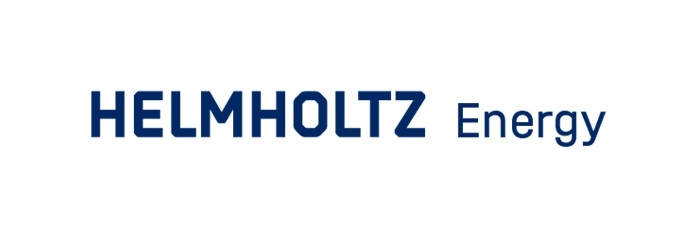
Helmholtz Energy (Research Field Energy at Helmholtz): With cutting-edge research from basic principles to application across all disciplines, Helmholtz is creating the scientific conditions for a climate-neutral energy supply that is economically and socially viable.
Learn more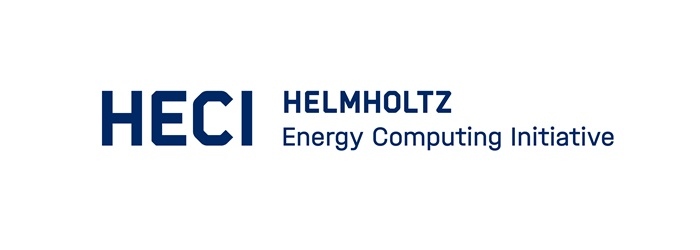
The Helmholtz Energy Computing Initiative (HECI) collects models, software tools, and data sets developed by members of the Helmholtz Association in order to make them available to the research community and the public in an organized manner.
Learn more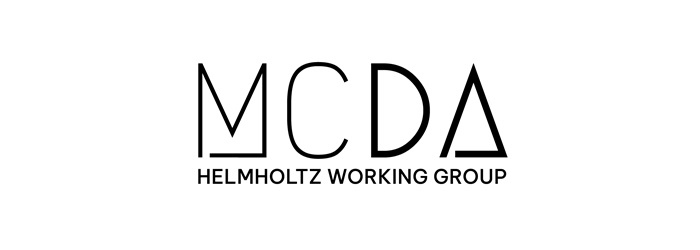
Helmholtz Working Group on MCDA for Sustainability Assessment: Our mission is to advance the use of multi-criteria decision analysis (MCDA) for supporting the transformation of energy systems. We provide a collaborative platform for researchers, fostering the development and dissemination of methods and approaches in MCDA sustainability assessment.
Learn more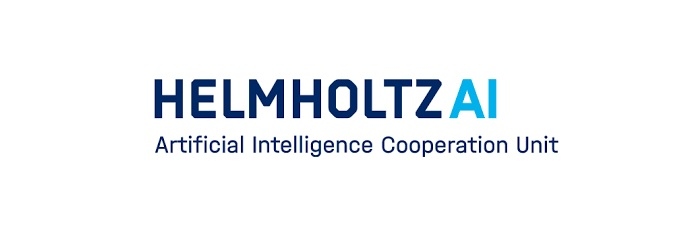
The ambition of Helmholtz AI is to reach an internationally visible leadership position in applied AI/ML by combining unique research questions, data sets and expertise with newly developed AI/ML-based tools and democratized access to them in an open and dynamic community.
Learn more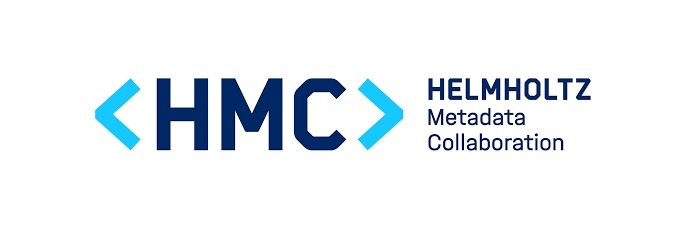
The Helmholtz Metadata Collaboration (HMC) promotes the qualitative enrichment of research data by means of metadata – and implements this approach across the whole organization. Its main goal is to make the depth and breadth of research data produced by Helmholtz Centres findable, accessible, interoperable and reusable (FAIR) for the whole science community.
Learn more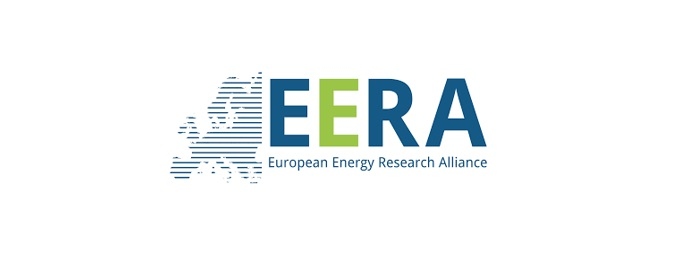
The European Energy Research Alliance (EERA) is the largest energy research community in Europe. Organised in 17 joint research programmes, EERA coordinates energy research to achieving more efficient and cheaper low carbon energy technologies.
Learn more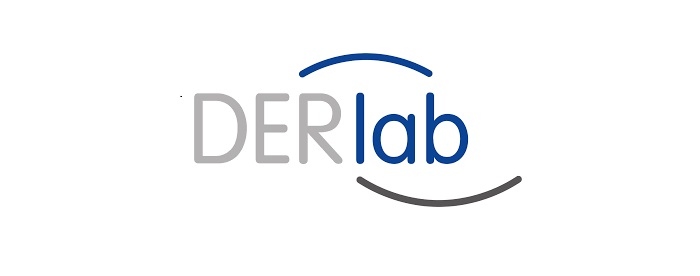
DERlab is an association of leading laboratories and research institutes in the field of distributed energy resources equipment and systems. The association develops joint requirements and quality criteria for the connection and operation of distributed energy resources (DER) and strongly supports the consistent development of DER technologies. DERlab offers testing and consulting services for distributed generation (DG) to support the transition towards more decentralised power systems.
Learn more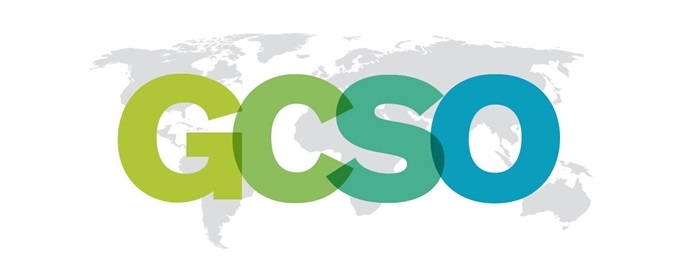
The Global Consortium for Sustainability Outcomes is a global network that advances solutions to sustainability problems through research, development and capacity building. GCSO generates and tests a wide range of solutions including technologies, policies, economic incentives, social change and cultural practices. GCSO includes diverse global partners who can transform ideas into action. The consortium builds capacity through education and transfers evidence-based solutions to implementers, with the goal to achieve sustainability outcomes on multiple continents.
Learn more

The EPTA partners advise parliaments on the possible social, economic and environmental impact of new sciences and technologies. The common aim is to provide impartial and high quality accounts and reports of developments in issues such as for example bioethics and biotechnology, public health, environment and energy, ICTs, and R&D policy. EPTA aims to advance the establishment of technology assessment as an integral part of policy consulting in parliamentary decision-making processes in Europe, and to strengthen the links between TA units in Europe.
Learn more
The 'Network TA' is an association of scientists, experts and practitioners in the broadly understood field of TA (Technology Assessment). The members of the network represent the various forms of TA and cover the broad spectrum between theory and practice, between research and consultancy and between the various scientific disciplines. The aim of the TA network is to promote cooperation among TA researchers and those interested in TA and to make TA known to the scientific, political, business and public communities.
Learn more